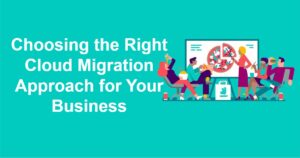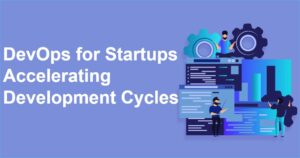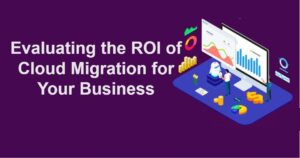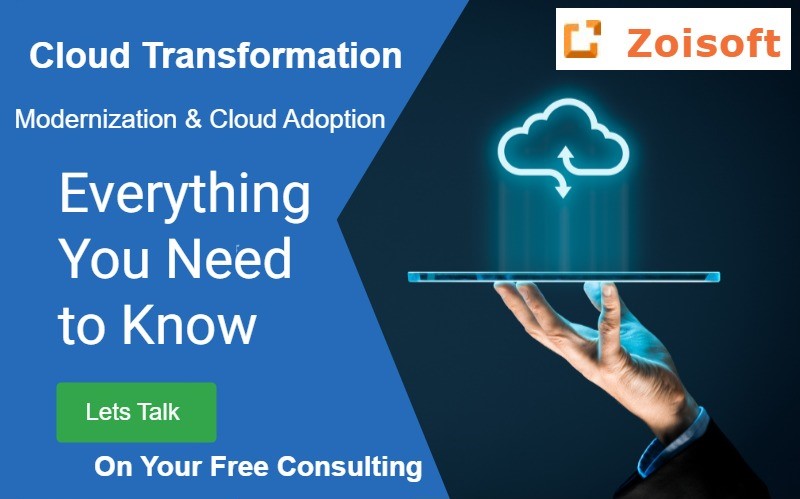Mastering FinOps is essential for organizations seeking to optimize their cloud spending, enhance financial predictability, and gain control over their cloud costs.
By understanding the significance of FinOps, establishing a robust FinOps framework, implementing effective cost management strategies, and prioritizing monitoring and reporting, you can confidently navigate the complex world of cloud cost management and achieve financial efficiency in your cloud operations.
In this blog post, we’ll explore how to establish a solid foundation for Financial Operations (FinOps) within your organization and uncover strategies for optimizing your cloud expenditures.
Understanding the Significance of FinOps
Defining FinOps
Let’s start by demystifying FinOps. What exactly does it mean, and how does it align with your cloud cost management goals? By comprehending the core principles of FinOps, you’ll be better equipped to navigate the intricate world of cloud financial management.
FinOps Basics
- Conceptual Framework: We’ll break down the conceptual framework of FinOps, providing you with a clear understanding of its components and how they relate to your cloud ecosystem.
Business Impact
- Tangible Benefits: Discover how implementing FinOps can have far-reaching business benefits, from substantial cost savings to improved financial predictability.
Navigating Cloud Cost Challenges
Before diving into FinOps best practices, it’s crucial to identify the common challenges organizations face when managing cloud costs. Understanding these challenges is the first step toward effective cost control.
Common Cost Challenges
- Cost Complexity: Explore the intricacies of cloud pricing models and learn how they can impact your cost management strategy.
Market Dynamics
- Shifting Landscapes: Understand how market dynamics, including evolving cloud service offerings and pricing structures, influence your cloud cost management approach.
Building a Robust FinOps Framework
Creating Your FinOps Team
Central to a successful FinOps implementation is establishing a dedicated team with clear roles and responsibilities. Here, we’ll define these roles and explore the required skill sets.
Roles and Responsibilities
- Key Positions: Discover the critical roles within your FinOps team and understand their distinct responsibilities to ensure effective cost management.
Required Skill Sets
- Expertise Needed: Explore the specific skill sets and expertise required for team members to excel in their roles.
Leveraging FinOps Tools
Selecting the right tools and resources is vital for effective FinOps management. We’ll guide you through choosing tools that align with your cost-tracking and optimization needs.
Tool Selection
- Tool Types: Understand the different tools available for FinOps and how to select those that best suit your organization’s requirements.
Cloud Provider Tools
- Optimizing Provider Resources: Learn how to maximize the use of cloud provider tools to monitor, analyze, and optimize your cloud costs effectively.
Mastering Cost Allocation Strategies
Cost allocation is a critical aspect of FinOps, enabling organizations to accurately attribute cloud costs to various departments and projects.
Best Practices
- Effective Allocation: Explore best practices for allocating cloud costs, ensuring transparency, accountability, and responsible spending.
Implementing Cost Management
Cost management is at the heart of FinOps. We’ll guide you through establishing effective budgeting, forecasting, and optimization practices.
Budget Setting
- Setting Realistic Budgets: Learn how to set budgets based on historical data and future growth projections, aligning them with your organizational goals.
Continuous Optimization
- Optimizing Resource Usage: Embrace a culture of continuous optimization to identify and eliminate wasteful spending, rightsize resources, and reduce overprovisioning.
Monitoring and Reporting for Success
Real-time Cost Monitoring
In today’s fast-paced digital landscape, real-time visibility into your cloud costs is essential. We’ll explore tools and techniques for gaining instantaneous insights.
Real-time Visibility (H3)
- Immediate Insights: Gain real-time visibility into your cloud costs and usage patterns, allowing you to detect anomalies promptly.
Alerting and Notifications
- Proactive Cost Management: Implement alerting and notification systems to address cost overruns and maintain control proactively.
Reporting and Analysis
Regular reporting and in-depth analysis are critical components of effective FinOps. We’ll help you establish a reporting cadence and delve into root cause analysis.
Regular Reporting
- Scheduled Reporting: Develop a schedule for regular cost reporting and analysis to track your progress toward cost management goals.
Root Cause Analysis
- Analyzing Cost Deviations: Investigate cost spikes and deviations, effectively identifying root causes to prevent future occurrences.
Cultivating a Culture of FinOps Success
Training and Education
Continuous learning is essential for keeping your FinOps team up-to-date with industry trends and tools. We’ll emphasize the importance of ongoing education.
Continuous Learning
- Staying Informed: Invest in training and educational resources to ensure your team remains well-informed and capable of managing evolving cloud costs.
Organizational Awareness
- Spreading FinOps Awareness: Promote awareness of FinOps principles and practices across your organization, fostering a culture of financial responsibility.




